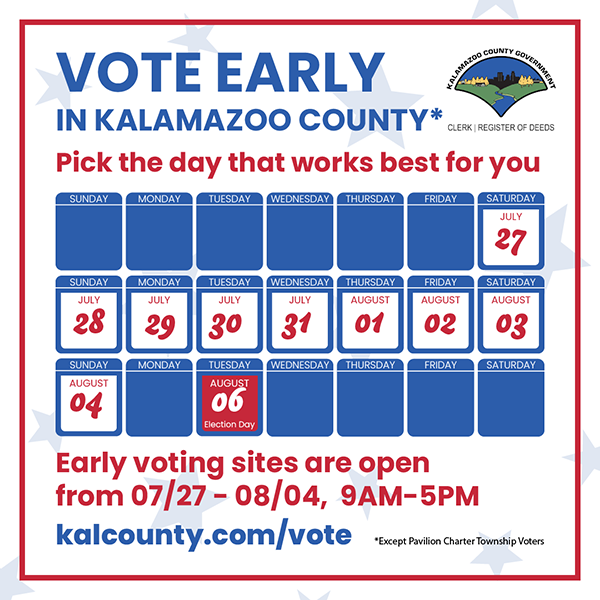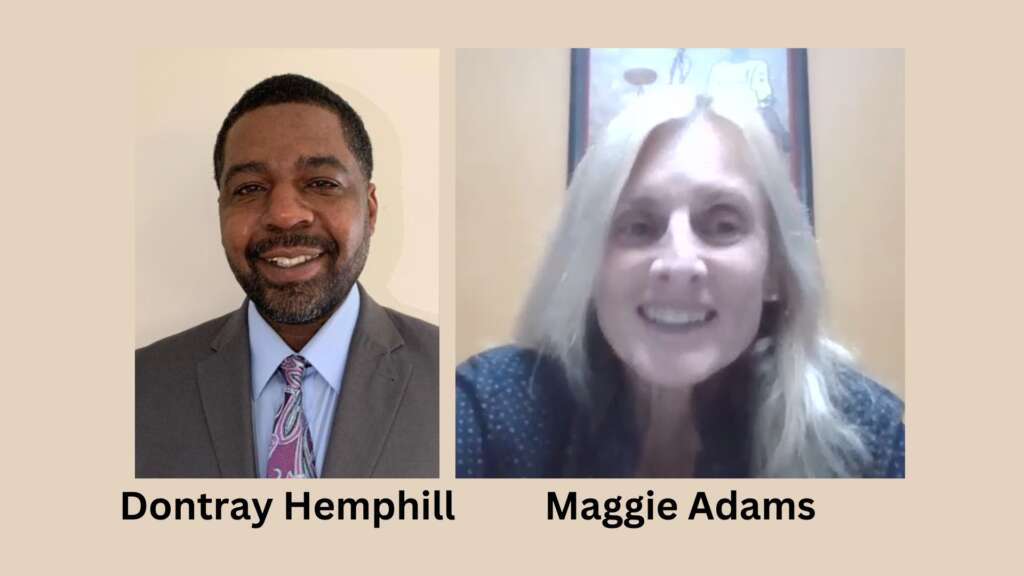 When I was a high school junior, my friends and I did what we could in a small Indiana city to support Cesar Chavez and the boycott of grapes and Gallo wine. We picketed the liquor store owned by the local head of the Democratic Party, demanding that it stop selling Gallo wine. We went door to door in neighborhoods, asking residents to support the boycott. We were the “hippyish” youth going out to educate the unenlightened.
When I was a high school junior, my friends and I did what we could in a small Indiana city to support Cesar Chavez and the boycott of grapes and Gallo wine. We picketed the liquor store owned by the local head of the Democratic Party, demanding that it stop selling Gallo wine. We went door to door in neighborhoods, asking residents to support the boycott. We were the “hippyish” youth going out to educate the unenlightened.
One evening a middle-aged, respectable-looking couple invited us into their very nice home. The man told us he was a union machinist, explained what union solidarity meant to him, and said he would support the boycott. For a professor’s kid who lived in the college area of town, this experience opened my eyes. I learned that I had made assumptions about who did or did not care about social justice, and that my assumptions could well be wrong. I also learned about the power of solidarity.
Many years and two careers later, I found myself in Kalamazoo working at the local United Way. My role involved convening volunteers to invest the dollars donated to the United Way campaign, and facilitating community collaboration in health and human services. When ISAAC formed its first task forces in 2003, I saw it as a way to find committed volunteers—both Tobi Hanna-Davies and Ann Perry served on my United Way team that reviewed housing and food programs.
As ISAAC matured, it reached out to United Way as a partner. I recall first attending an ISAAC roundtable on dental care for children. Then ISAAC asked for United Way’s help with obtaining signatures of local leaders in support of state funding for Nurse-Family Partnership. I became totally involved when the Education & Early Childhood Task Force and our local Great Start Collaborative asked if I would facilitate a collaborative effort to make high-quality early childhood education (Pre-K) accessible to every child in Kalamazoo County. I joined the ISAAC Task Force and worked like crazy for a couple of years on what became Kalamazoo County Ready 4s—and loved that everyone’s efforts led to amazing results!
The Education & Early Childhood Task Force ended in 2017 when ISAAC chose other issues. It saddened me that a group with which I had worked for eight years ended, but I knew that I would find a new task force (and I have—the Anti-Racism Task Force). The thought of leaving ISAAC never entered my mind. I know from my experience with ISAAC that this is a social justice opportunity like no other I have found in my five decades or so of volunteer activism.
I also know from my paid work with nonprofits how challenging it is to sustain a nonprofit organization. Sound nonprofits obtain revenue from a variety of sources—donations, grants, events and planned giving. Endowments are another revenue source. Once an endowment fund reaches a certain size, the investment earnings on the funds donated can serve as an annual boost to the organization’s revenue.
When I heard that ISAAC had created an endowment, I jumped at the chance to support it. The ISAAC endowment fund offers those of us who value ISAAC a way to invest in its stability and its future. And I greatly value ISAAC! This organization gains structure, expertise and connections as part of a larger, national network, the Gamaliel Foundation. Locally, ISAAC attracts a diverse array of faith and nonprofit organizations. Working on ISAAC task forces has acquainted me with people I never would have met otherwise. Working with them closely over many years has built strong relationships that I cherish personally and which bolster my other social justice efforts.
I give to the ISAAC endowment fund in addition to my regular GEM (Give Every Month) giving because I see ISAAC as a meaningful and effective social change agent in our community—and I want ISAAC to thrive!
 – Denise Hartsough, Anti-Racism Task Force member
– Denise Hartsough, Anti-Racism Task Force member
 ISAAC
ISAAC





 Ed Genesis is an artist, poet, musician, organizer, entrepreneur, and community leader. Born and raised in Gary, Indiana and moved to Kalamazoo, Michigan permanently in his early 20’s, his love of art/music, his passion for his people and community, and his gift of creativity are evident in all areas of his work. In October 2018 Ed Genesis released a song to accompany the campaign he was working on around school push out, entitled Junior High, which was distributed nationwide including on his own iHeart radio station, Spotify, and iTunes.
Ed Genesis is an artist, poet, musician, organizer, entrepreneur, and community leader. Born and raised in Gary, Indiana and moved to Kalamazoo, Michigan permanently in his early 20’s, his love of art/music, his passion for his people and community, and his gift of creativity are evident in all areas of his work. In October 2018 Ed Genesis released a song to accompany the campaign he was working on around school push out, entitled Junior High, which was distributed nationwide including on his own iHeart radio station, Spotify, and iTunes.